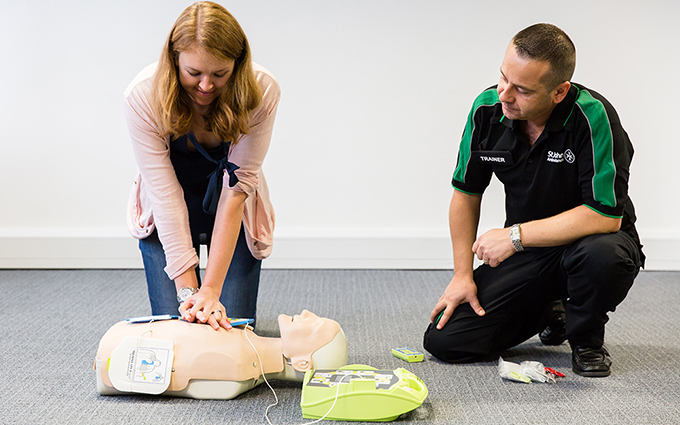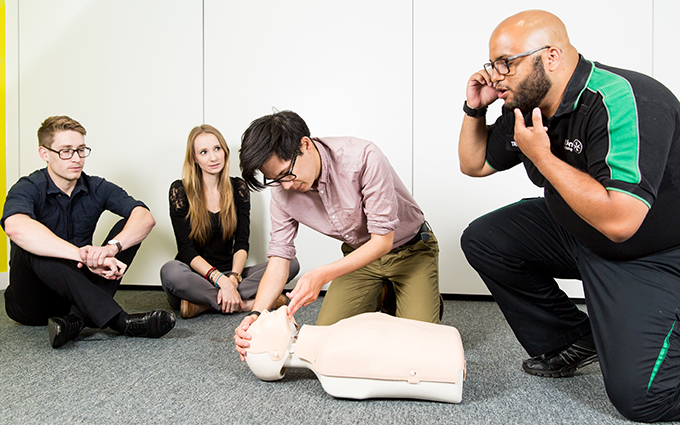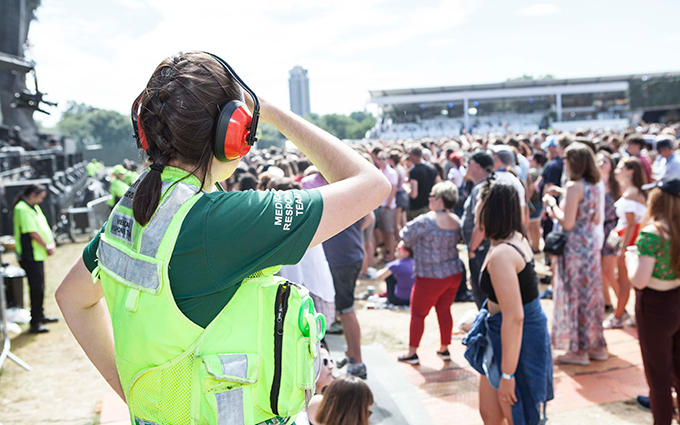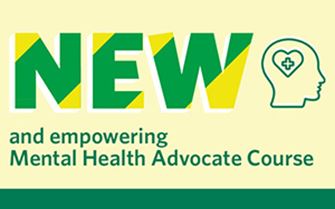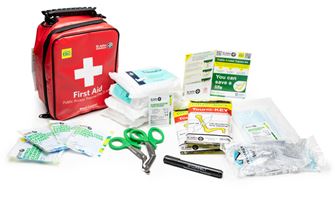Published: 27th June 2025.
Last updated: 27th June 2025.
Author: Lisa Sharman, National Head of Education & Commercial Training at St John Ambulance.
Contents

When a serious incident unfolds at work, the first priority is to save lives and ensure physical safety. But once the immediate danger has passed, another, less visible emergency can begin.
Whether it’s a terror attack, a fire or gas emergency, a road traffic incident, or a theft where staff are threatened, these events can leave a lasting emotional aftershock. Anxiety, depression, stress and post-traumatic stress disorder (PTSD) may affect people, or even whole teams. For employers, recognising and addressing this hidden impact is just as important as the initial response.
“The impact on mental health doesn’t end when the incident does,” says Dan Bevis, Director of Urgent & Emergency Care at St John Ambulance. “Hidden triggers can resurface and unexpected triggers like anniversaries and memories can bring the past back.”
Trauma is personal and can be complex: two people may react very differently to the same event. That’s why mental health support is such an important part of an effective response. Trained Mental Health First Aiders play a critical role in the aftermath of a crisis. They provide an immediate, calm point of contact, recognising early signs of distress, initiating non-judgmental conversations and directing colleagues towards appropriate support like Employee Assistance Programmes (EAPs) or their GP.
But mental wellbeing doesn’t begin or end with a crisis. Building a culture of mental wellness in any organisation means prioritising prevention, strengthening resilience and supporting people every day.
The role of Advocates
That’s where the Mental Health Advocate role comes in, as a relatively new but increasingly important part of workplace wellbeing. Advocates are trained to act early, challenge stigma and encourage open conversations about mental health. They aren’t clinical experts, but peers. When done well, this creates visible, approachable team members who informally support and help prevent small issues from building into bigger problems.
People choose to become Advocates to help others. Often, this begins with a simple but powerful motivation: wanting to be there in a meaningful way. In today’s workplaces, where stress, isolation and emotional strain are increasingly common, having someone trained to notice, listen and start the right conversations can be life-changing.
For many, it can be a way to give back, to support colleagues before things become overwhelming, and to help shift the conversation around mental health. Others, meanwhile, may be driven by personal experience, having struggled themselves or supported someone close to them. Whatever the reason, Advocate training helps people to build the skills, confidence and awareness to turn that motivation into practical and valuable support.
Becoming an Advocate can be a valuable and fulfilling role within a team. Employees can take a one-day training course to learn how to confidently lead wellbeing conversations, signpost to support services and serve as champions for positive mental health practices.
Empowering through training
By embedding this kind of support across an organisation, employers create a preventative model of care that complements the crisis support offered by First Aiders. Together, Mental Health First Aiders and Advocates form a system that balances urgent intervention and long-term cultural change.
St John Ambulance offers a range of mental health training that mirrors the structure of our well-established physical first aid programmes. Alongside the one-day Advocate course that prepares employees to support everyday wellbeing in the workplace, we also offer a two-day Mental Health First Aid course focused on crisis response.
These programmes complement physical emergency training, such as First Responder on Scene (FROS) or First Response Emergency Care Level 3 (FREC3), creating a workplace equipped to address both physical and emotional needs.
“Ongoing care and monitoring transform reactive responses into proactive protection,” says Dan Bevis. “With the right training, everyone in the workplace can contribute to lessening the impact of these traumatic events on their colleagues.”
Leading the way with a culture of care
As with most things, it’s down to leadership to set the tone. When senior leaders model compassion and prioritise mental health, it signals that wellbeing matters. With trained First Aiders responding in crisis and Advocates driving cultural resilience, organisations can foster environments where people feel safe, supported and empowered to speak up.
We’ve explored how trauma doesn’t always end when the threat passes, and in many ways, that’s when the real recovery begins. Just as we rush to safeguard physical safety, we must treat mental health as an equally urgent priority.
By preparing trained Mental Health First Aiders to respond in moments of crisis, and empowering Mental Health Advocates to champion long-term cultural change, organisations can provide meaningful, ongoing support. These roles go beyond emergency response; they help redefine how workplaces care for their people – before, during and after a traumatic event.
Because after the sirens fade, it's the strength of your culture that helps people heal.


